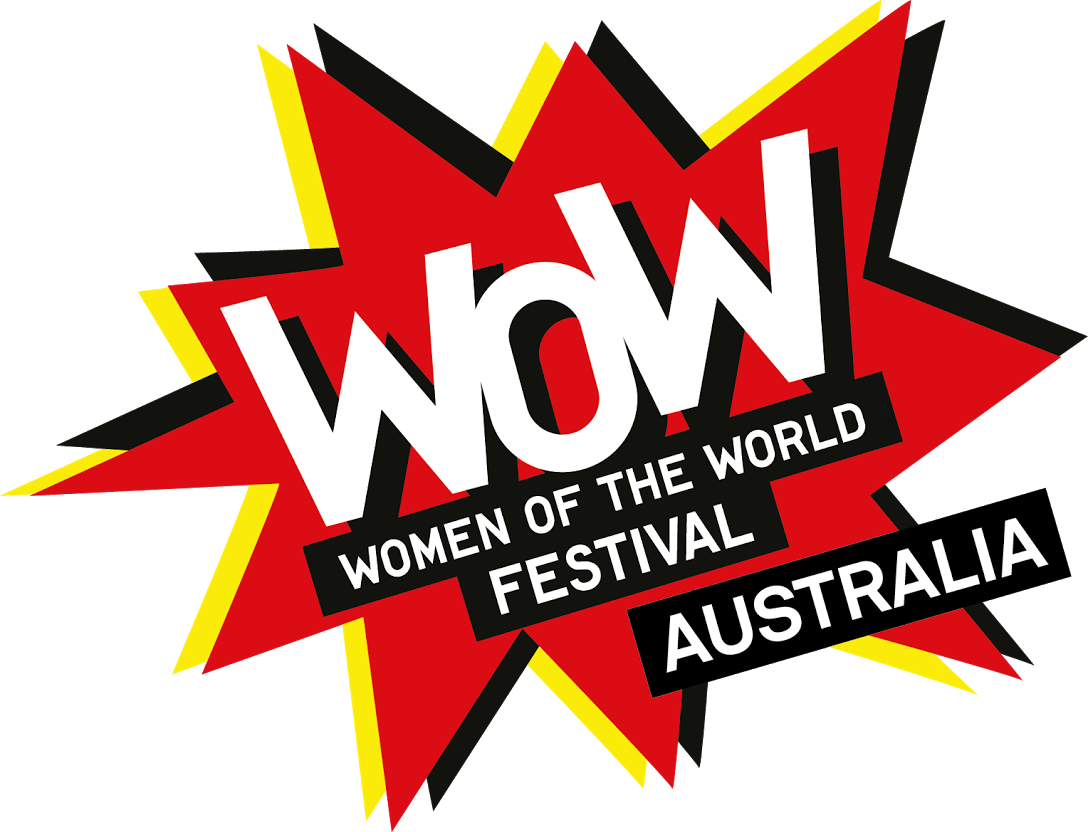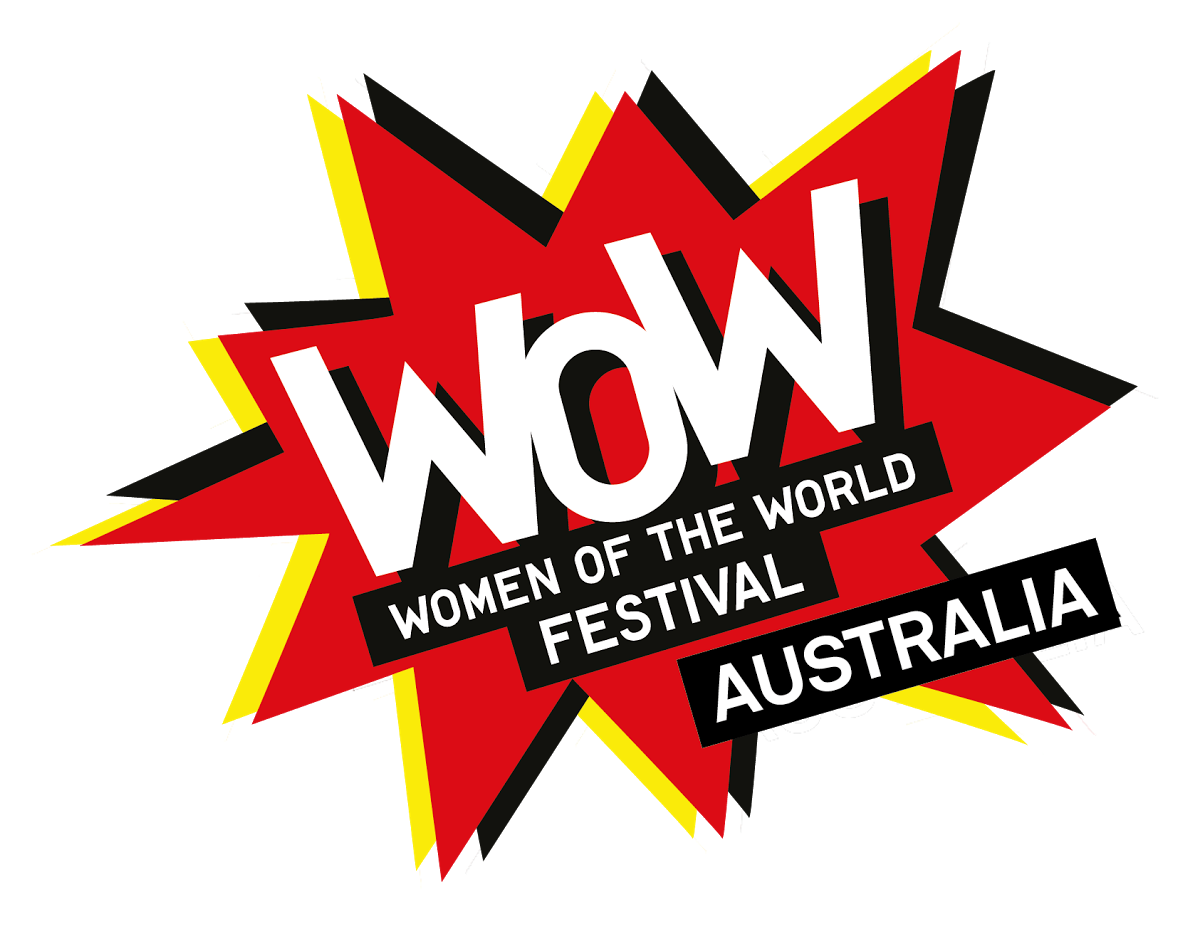Kate Carnell AO
On the 17th of June 1997 I was humbled to move a motion in the ACT Legislative Assembly to formally apologise to the Ngunnawal people and other Aboriginal and Torres Strait Islander people in the ACT for the hurt and distress inflicted upon those children and families who had been separated in the stolen generations. This moment of symbolism allowed the healing process for many families to begin, and it started with a simple plea from Indigenous people to hear their story, listen to their views and fairly respond.
When Indigenous people met at Uluru in 2017, 20 years after the ACT apologised to the stolen generations, I instantly felt an obligation to listen to what had been proposed and consider how this moment could change our nation for the better.
Once again we were presented with an opportunity to hear the stories of Indigenous people, listen to their views and fairly respond. This time the request was not to the government, but to the Australian people. Indigenous people were calling for a Voice to Parliament so they can now move beyond symbolism and ask the Australian people to vote to enshrine the Voice in the Constitution so this time we could deliver a practical change.
Through my life in business and politics I have always believed in the power of the Australian community to back good ideas when presented with them.
Currently, there is no better or bigger idea facing the Australian community worth backing than the one to enshrine the Voice to Parliament in the Constitution at the upcoming referendum.
Personally, I am voting yes for two very simple reasons.
Firstly, we know the current system is not working and we must do something different if we want to get a different result. The gaps in social and economic outcomes are not closing, and in some cases are getting worse. How can anyone look at these statistics and vote against a proposal that has the chance of improving lives? I am a Pharmacist by trade, and have seen first hand the challenges facing Indigenous people in our health system. It makes sense that if you ask people what they think about policies and laws when they are being made, you are going to get better outcomes.
Secondly, the Voice was not an idea that came from the government, it came from Indigenous people. The idea of constitutional recognition was initially proposed by the former Liberal Prime Minister John Howard in 2007 before the government changed. In 2017, Indigenous people responded by issuing the Uluru Statement from the Heart, a consensus statement resulting from extensive consultation and community dialogues across the country, which seeks meaningful recognition by giving them a say through a Voice. Over 80% of Indigenous people currently support this change because they want to see the Voice make a practical change to their lives.
This is an idea worth backing.
As the Co-Convenor of the Liberals for Yes movement, I have been proud to see people engage constructively in this discussion. The chance to create real and meaningful change rarely comes along, and I encourage all Queenslanders to vote yes.


